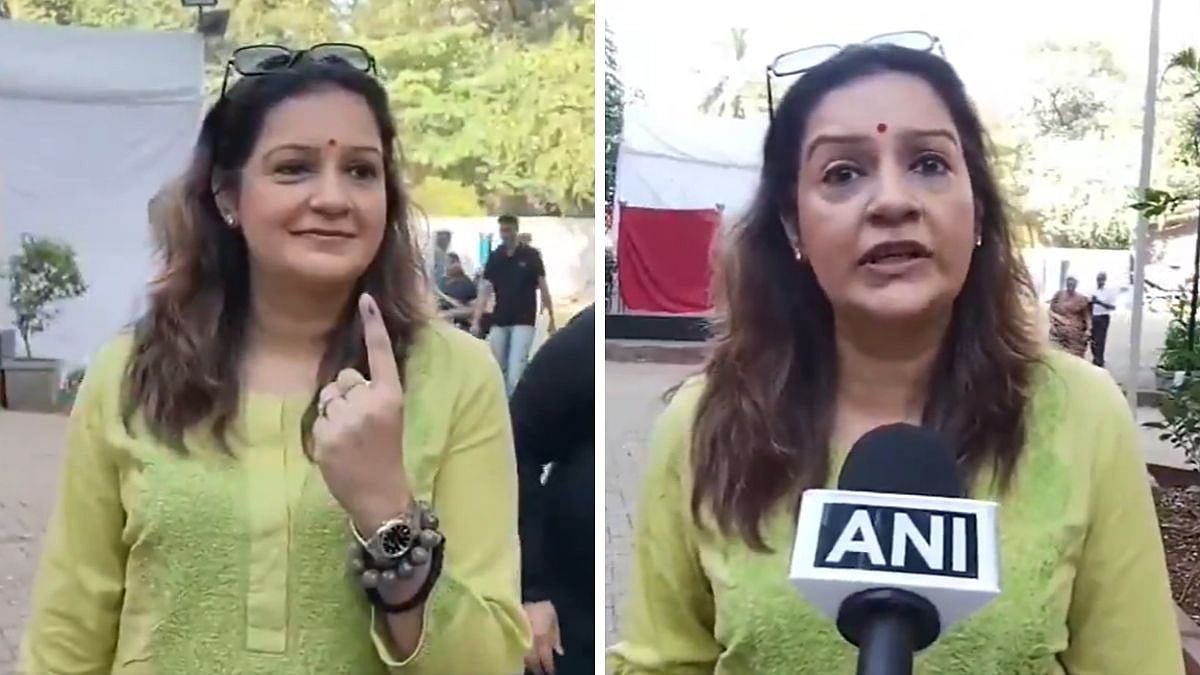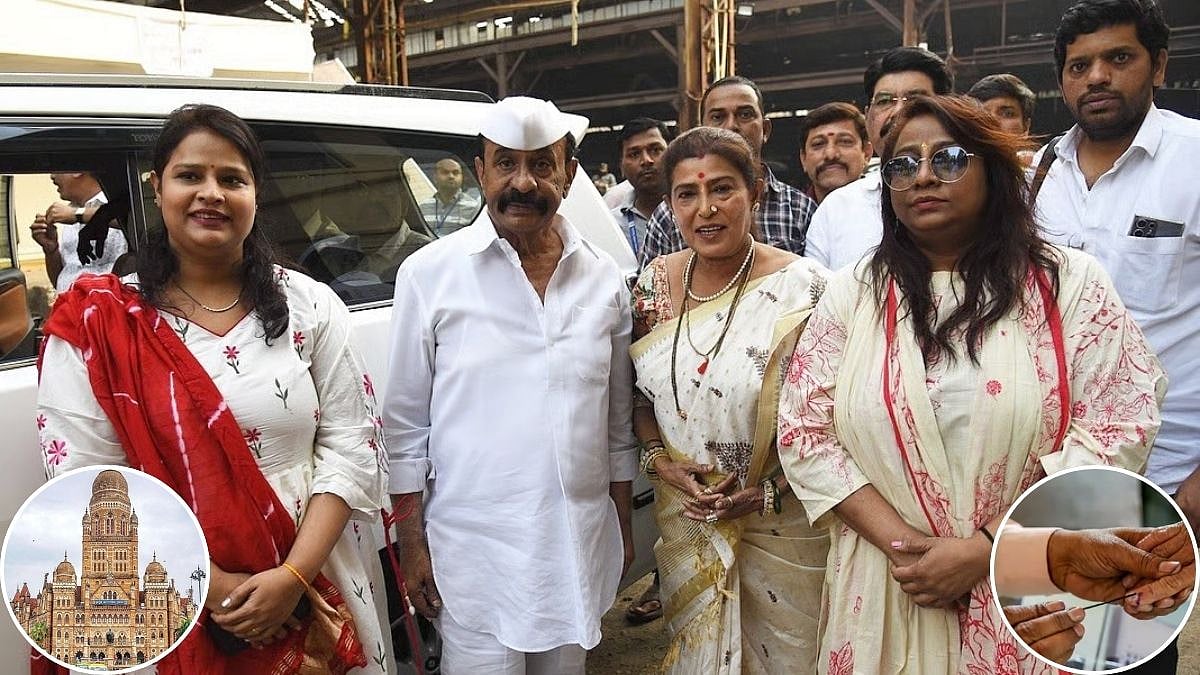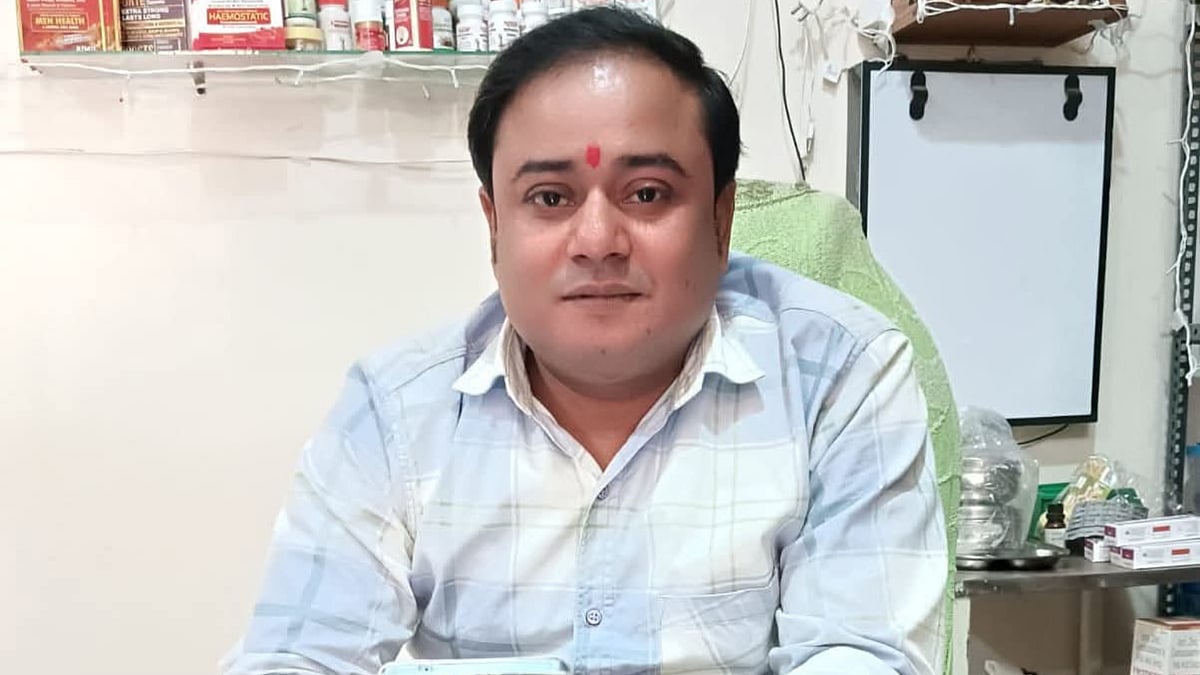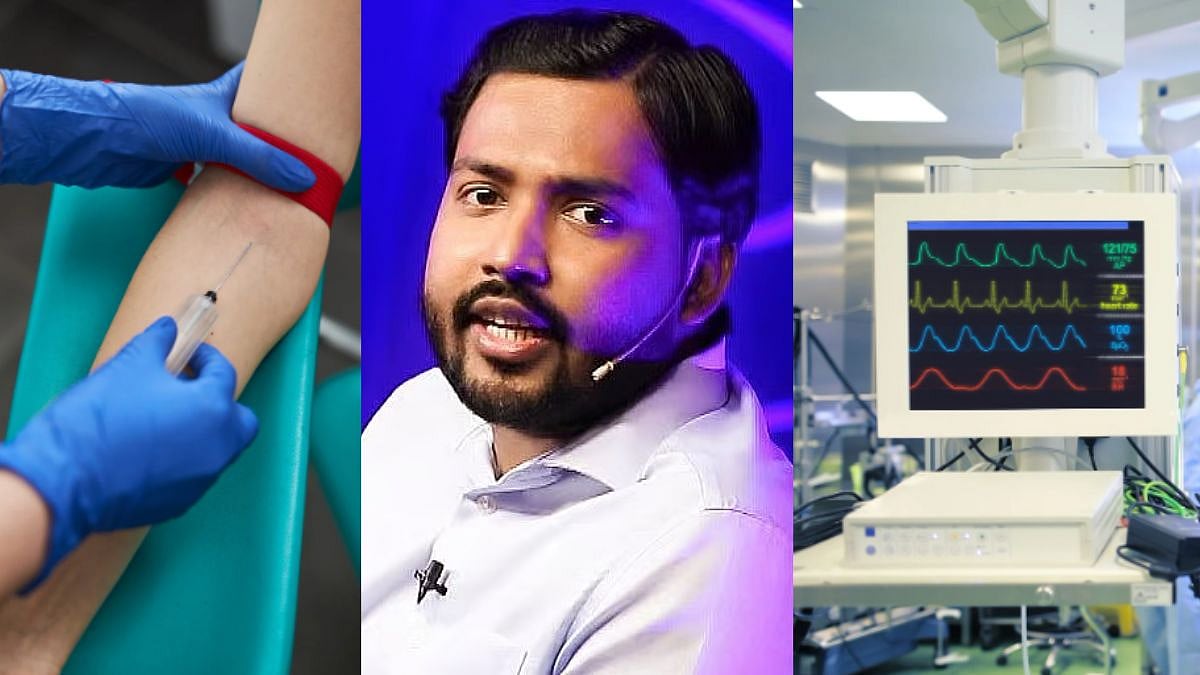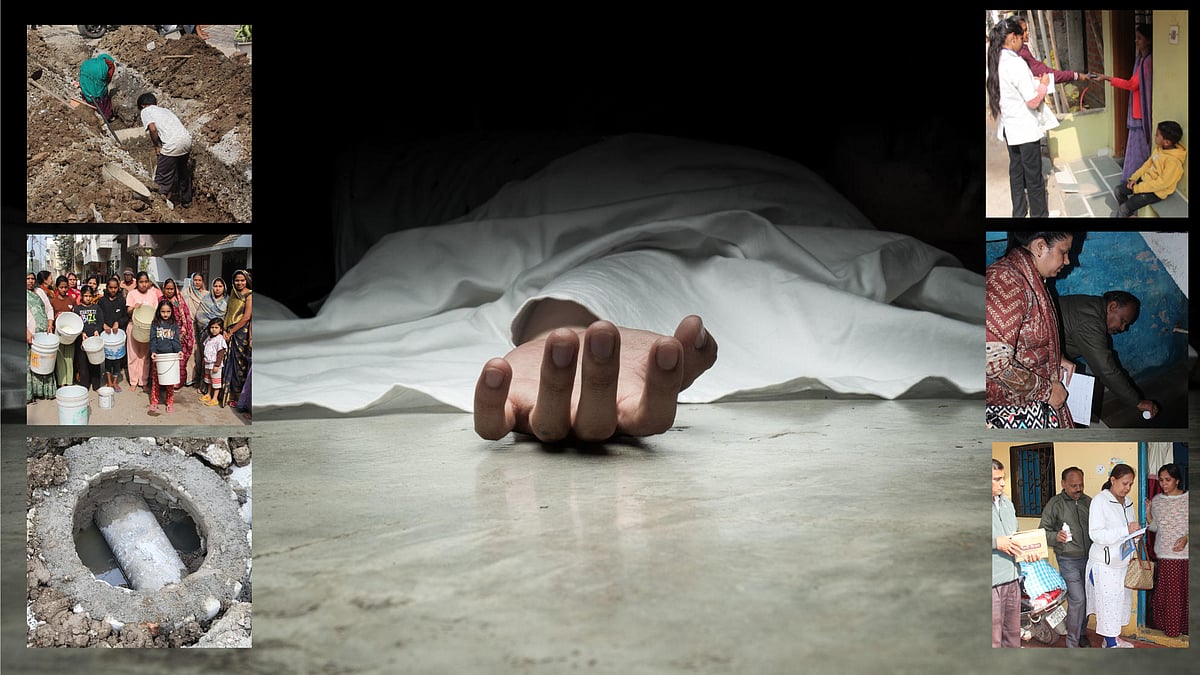India, a country steeped in traditions and cultural riches, is experiencing a revolutionary wave in elder life. The approach to the elderly changes as the demographic environment changes. Technological advancements are emerging as catalysts, offering not just comfort but also a redefined quality of life for the elderly population.
The Demographic Transition
Let's begin by taking a look at the demographic shift. India's aging population is increasing significantly. According to World Population Prospects 2022, India's population of adults aged 60 and more is expected to reach approximately 34% by 2050, from current 10%. In numbers, this shall be 0.3 Billion out of populations 1.7 billion from 1.1 billion out of 1.4 billion now. Number of dependent adults will be equivalent to number of dependent children. Average life expectancy should reach 74.2 years from 66.8 years now. This demographic shift brings both possibilities and problems, and technology is emerging as the key to navigating this transformation.
Issues of Seniors
These growing elderly population faces a spectrum of challenges:
● Loneliness and Mental Health: A pervasive issue among seniors, leading to conditions such as depression and dementia.
● Household Management: managing household staff, arranging groceries and basics of living are hassles difficult to deal with at this age.
● Security & Emergency: India has poor emergency response infrastructure for safety and health emergencies. Seniors remain vulnerable.
● Post-Retirement Self-Esteem: Many elders experience a lack of self-respect post-retirement, feeling undervalued in society.
● Social Engagement Deficiency: A prevalent concern is the absence of meaningful social interactions, impacting overall well-being.
● Financial Security: According to the Lancet Global Health study, about 16% of the people aged 60 years and above are psychologically abused, financially exploited, neglected and physically hurt due to limited finance.
Seniors, who have contributed throughout their lives, now require a specialized array of services and products. These should be thoughtfully designed to address their unique challenges and enhance their quality of life.
Understanding the Challenge
■ With falling birth rates, higher incidence of divorce, a rise in single-parent households and more children living far from their parents, elderly people are far less likely to receive care from their families.
■ India is becoming a modernized urban society. There is an increasing trend of nuclear families, households are small and many young people are working outside.
■ The children immigrants to other countries for their career purpose, leaves them worried about their elders’ who are left behind in the home country.
■ Also, the migration from rural areas to cities leaves elderly parents without their family support networks.
■ Out of the 14.3 Cr elderly population, almost 16% i.e., 2.28 Cr. elderly population here are living alone or with an elderly spouse.
Seniors can stay at their own home or senior living settings such as senior living housing, independent living & assisted living care homes. Government & social entrepreneurs have spring to this crisis and trying to solve these critical issues. India has seen consistent rise in senior living communities, independent living carehomes for those in good health conditions and assisted living carehomes for those needing high healthcare. Multiple small and corporate players provide Caregivers at home.
An increase in India’s senior population signifies the need of caregivers and nursing services – a younger population which is fit and trained to provide for the elderly. The cost of training and employing this manpower will be staggering, even if there is a constant shortage. This is because of limited capital. Further, we cannot afford to be lethargic in the training systems because quality of care is essential to maintain a healthy lifestyle for our elderly. In order to reduce costs and manpower requirements while ensuring quality of care, we must incorporate technology into our Senior Living systems.
Bridging the Healthcare Gap with Digital health
Digital health services are one of the game changers in elderly life. Digital health bridges the gap in a big country like India, where access to healthcare can be a logistical difficulty, particularly for elders in rural regions.
According to a Telemedicine Society of India research, digital health consultations have increased by more than 300% in recent years, bringing healthcare to elders' homes.
Remote consultations, health monitoring applications, and portable technologies are becoming essential components of elder care, giving caregivers and healthcare professionals real-time health data. This not only improves preventative care but also assures that developing health risks are addressed quickly.
Integrated Living Spaces: A Technological Paradise
In recent times, smart living environments have been designed just for elders. Home automation technology is converting living environments into havens of comfort and safety, from automatic lighting systems that react to circadian cycles to smart thermostats that provide the right mood.
In India, few programs attempt to retrofit existing homes with senior-friendly technologies. Smart home security systems, fall warning gadgets, and voice-activated assistants that adapt to the specific requirements of seniors are a few examples. Wearable devices such as smart watches have also become an efficient source to measure vitals, thereby ensuring senior safety on-the-go.
Beyond Geographical Boundaries: Social Connectivity
Many elders endure major issues due to loneliness and social isolation. Technology is not just solving this issue, but also breaking down geographical borders which frequently separate families. Video calling programs, social media platforms, and virtual events are becoming lifelines, connecting seniors over long distances with their loved ones.
Research published in the International Journal of Community Medicine and Public Health found a link between social connectedness via technology and the mental health of elders in India. The feeling of being virtually present at family reunions, festivals, or even ordinary talks has a significant influence on elders' mental health.
Financial Inclusion in the Digital Age
As the world shifts with different landscapes, seniors are not left behind in a digital economy. Seniors are benefiting from digital literacy programs that help them manage their finances, access government services, and stay engaged in the digital landscape.
The Reserve Bank of India's campaign for digital banking and financial inclusion has resulted in user-friendly interfaces, making online transactions more accessible to elders. Digital payment applications and online banking services are more than simply conveniences; they are instruments for financial independence, allowing seniors to easily manage their funds.
Aside from the humanitarian component, there is an economic need to invest in senior living technologies.
According to UN Population Fund (UNFPA) research, a healthy and active senior population helps economic growth.
India is not just improving the quality of life for seniors but also tapping into the economic possibilities of an active aging population by utilizing technology for healthcare, smart living, and social connection.
In conclusion, in the broad tapestry of technical history, the chapter on elder life stands out as a beacon of progress. As technology continues to work its magic, the story of aging is being rewritten. Seniors are not passive beneficiaries; they are active players in a digital revolution that offers not just a prolonged lifespan but also a life well-lived.
In this age of innovation, where technology is a crucial participant in molding the future, India's approach to elder living shows a balanced combination of tradition and development. As we accept technological breakthroughs, we are designing a future in which every age is the best age.
Authored by Sanjeev Jain, Founder at Nema Eldercare



